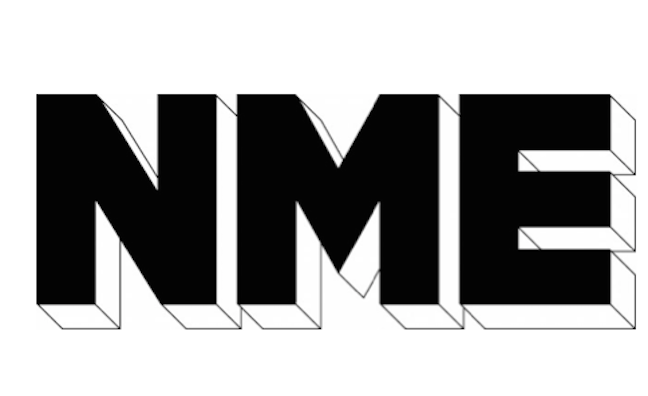One week on from the final print edition of NME, the music industry is still assessing the impact of the sudden loss of a major media platform for both established artists and new bands.
In the latest issue of Music Week, leading PRs from labels and independent publicity companies give their reaction to the loss of the once iconic music magazine.
Catch up on that story – which features MBC PR’s Barbara Charone, Warner Music’s Andy Prevezer, Rich Dawes of DawBell, Stay Golden PR founder Jodie Banaszkiewicz, Transgressive Records’ Toby Langley and Secretly Group publicist Michelle Kambasha – here.
Now, other industry and media figures have spoken out on how the music business will cope without the NME.
“For so many young artists who got their first festival break at The Great Escape, appearing in NME was a sign that they were about to make it big, so from that point of view it’s undeniable that the music industry is losing a huge touchstone,” said Rory Bett, CEO Mama Festivals & VP Live Nation Europe.
Inside/Out PR co-director Adrian Read said: “I think it will, in the short term at least, leave a big gap in an artist's promotional campaign. There are, of course, other print media and there have been numerous brilliant online music media outlets founded and developed in recent years, but I think there’s stillroom for more. There’s not yet enough in breadth and depth - especially in the UK - that replaces what good print music media delivers for the reader and the artist.”
Read continued: “You’d struggle to find an artist who’s success could solely be attributed to NME, but the support of the magazine, the website and associated events like the NME Awards, still had a very important role to play alongside other media in helping develop and break an artist.”
Annette Lee, head of press at 4AD, said the move online is “sensible” and highlighted the contribution of “all the lovely writers and NME staffers past and present who kept the magazine going.”
Lee added: “At the height of its pre-internet glory days, and as one of few music outlets in existence, coverage in NME was hugely important to an album campaign. It had so much influence: they had the power to make or break an act. Perhaps they don’t have quite as much clout as they used to, but NME is a brand that has international reach, so getting their seal of approval on an artist is still a bonus.”
It was a dream come true for me to work with the NME and get covers with The Libertines, The Lemonheads and The Strokes
Tony Linkin, Cloud PR
Cloud PR’s Tony Linkin, press officer for The Libertines and many of their offshoot bands, has enjoyed a long relationship with NME.
He reminisced about the paper’s impact in the 1970s. “Getting the coupon out of the NME to send off for the amazing Clash Capitol Radio EP, now that was the way to do it,” he told Music Week. “The Sex Pistols even namechecked it. Features back then were long and in-depth, and it was great breeding ground for writers, these days where do journalists go to do their apprenticeships?
“Although I never was a writer I got into PR, mainly because of the inkies,” he added. “It was a fantastic to get to know the journalists, some of whom have gone on to be best-selling authors, run labels or are still editing magazines. It was a dream come true for me to work with the NME and get covers with The Libertines, The Lemonheads and The Strokes.”
Linkin added: “In the last few years it had to change, which it did quite radically. I must admit it wasn’t really covering the music I love and became a bit to reverential for my liking, but I still read it every week and will sorely miss it.”
Mike Watson, who manages artists including The Magic Gang through Flat Cap Music, described the print edition’s closure as “tragic though not surprising.”
“The direction of the title shifted hugely with it becoming a free sheet,” he added. “Certainly there was very little chance of God Speed! You Black Emperor getting that much-coveted second cover when they started giving the mag away.”
Watson praised titles including So Young and DIY as having “cropped up trying to occupy the ground that NME ceded when its core values changed so radically.”
Paul Jones, who manages recent NME coverstars Shame commented: “I was a Melody Maker reader, however once It went under the NME was the only weekly music bible left, it was an institution and it’s sad that’s it’s gone.”
Read Music Week's editorial on NME here.









